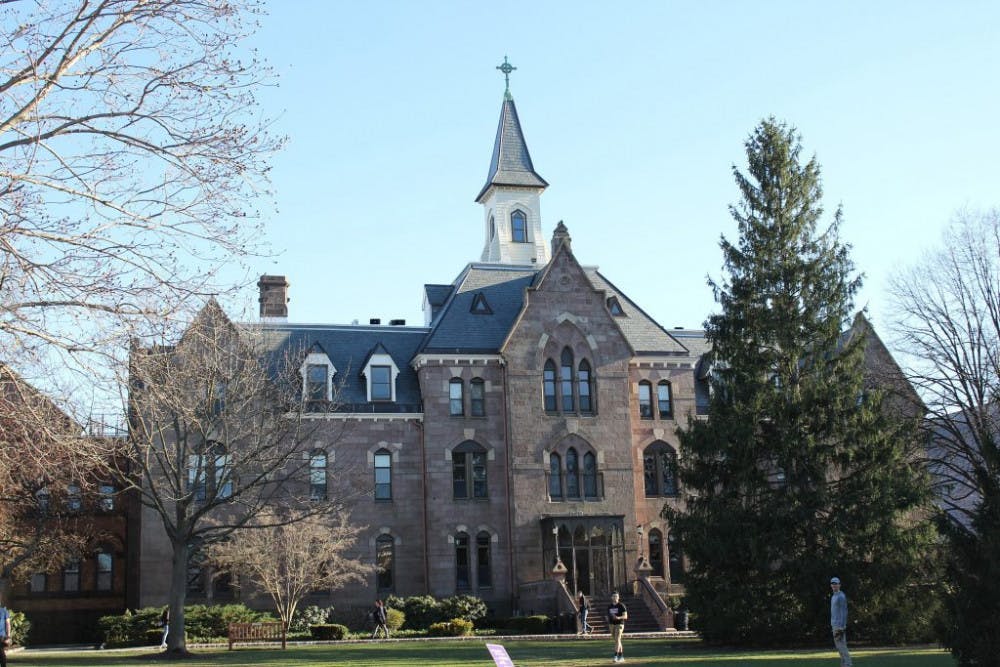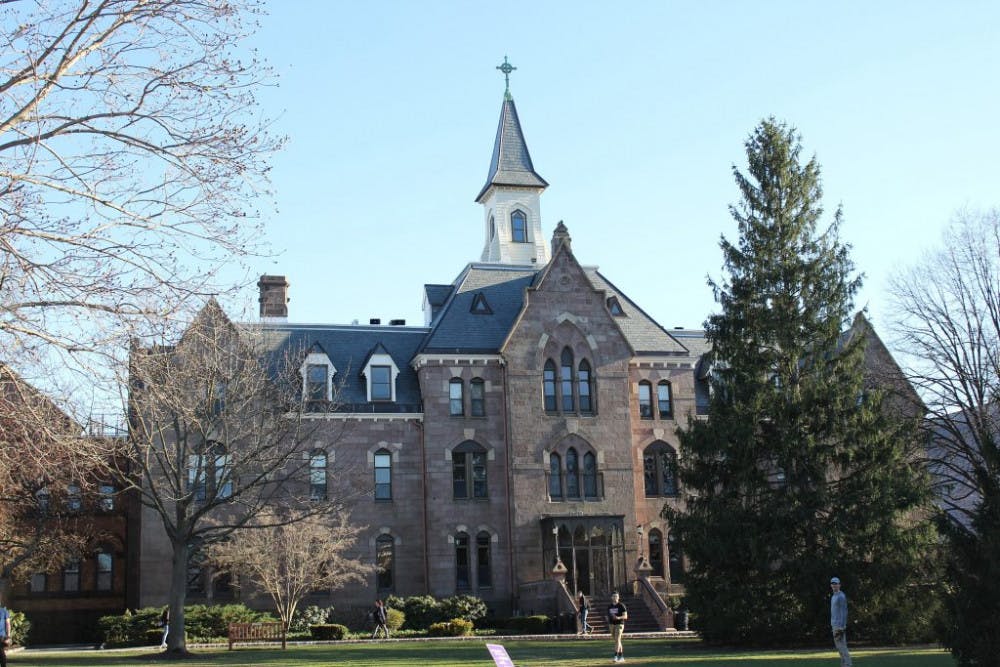Seton Hall revealed the results of its campus climate survey on May 28 as well as policies and plans that have been implemented to attempt to foster an atmosphere of inclusivity on campus.

According to an email from Interim President Mary Meehan, the survey was sent to all members of the Seton Hall community at the beginning of the 2018-19 academic year and received a 17% response rate with about 11% of respondents completing the entire survey.
The results of the survey revealed disparate views on the University’s efforts towards creating an inclusive and welcoming environment for marginalized and minority student groups on campus. When asked if they considered Seton Hall to be an inclusive environment, 73% of all respondents replied in the affirmative. Those numbers shrink, though, when that same question is posed to black and African students, with only 47% saying they feel that the University is an inclusive environment. Among LGBTQ students considering Seton Hall to be an inclusive environment, 58% responded in the affirmative.
Additionally, the survey identified “significant differences” in the levels of agreement on the same question depending on the political persuasions and religious backgrounds of the respondents. Among respondents who identified themselves as having a liberal political view, 64% agreed that Seton Hall was an inclusive environment. Sixty-nine percent of Christians felt the same. The results sent out by Meehan did not contain the results from political conservatives, nor did they include the results of students from different religious backgrounds, making the levels of disparities in those communities uncertain.
According to Meehan, the survey defined inclusion “as the extent to which all people feel welcomed, respected and valued.”
The results are being made public after a year filled with numerous protests and controversies centered around Seton Hall’s diversity and inclusion initiatives, with some student activists such as the Concerned 44 claiming that the University’s past steps have not gone far enough in fostering a safe and welcoming environment for black students.
Those claims were reinvigorated at the end of the Spring 2019 semester with the discovery of racially charged online comments from tenured history professor Williamjames Hoffer, with the Concerned 44 claiming that his comments on a personal blog and Facebook were a danger to the student body and directly contradicted Seton Hall’s commitment to furthering a diverse and inclusive environment.
Hoffer was placed on administrative leave and later apologized to the campus community in an email from the Provost’s office.
In her email to the campus community, Interim President Meehan acknowledged the “significant differences” in the numbers when students self-identified race, sexual orientation and ability status was taken into account, but reassured that the University was taking steps to improve the differing perceptions.
“Armed with this knowledge, we are committed to doing better through an ongoing process to foster a community of inclusivity,” Meehan wrote, noting that the University’s Inclusion Committee had already reviewed the survey and came up with a list of recommendations and steps to take in response. The Inclusion Committee included both students, faculty and members of the administration and was formed by Meehan specifically to help administer and review the campus climate survey.
Some of these actions include working with Seton Hall’s Student Government Association to create physical spaces of worship on campus for students of differing faiths and reviewing the University’s master plan, a commitment to review the Master Plan for universal access for students with disabilities and the launch of the Office of Student Life’s “Words Matter” campaign. This campaign will launch in the fall and focus on raising awareness about and reducing microaggressions.
Additionally, the committee recommended creating a new Chief Diversity Officer who would sit on the President’s executive committee and create an Office of Diversity and Inclusion.
Nicholas Kerr can be reached at nicholas.kerr@student.shu.edu.





